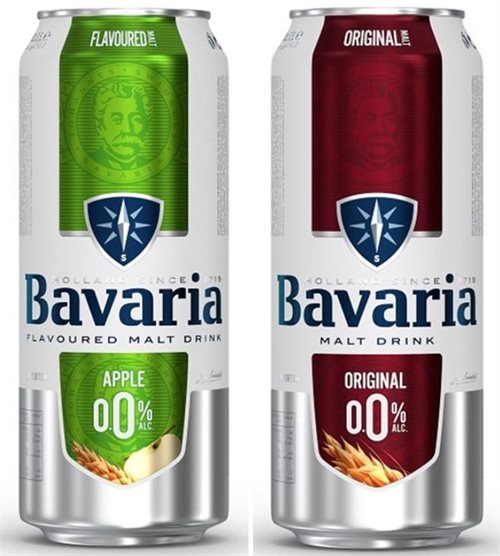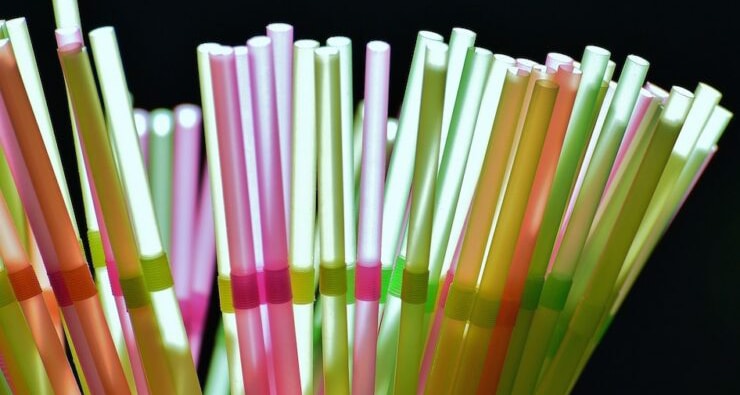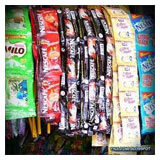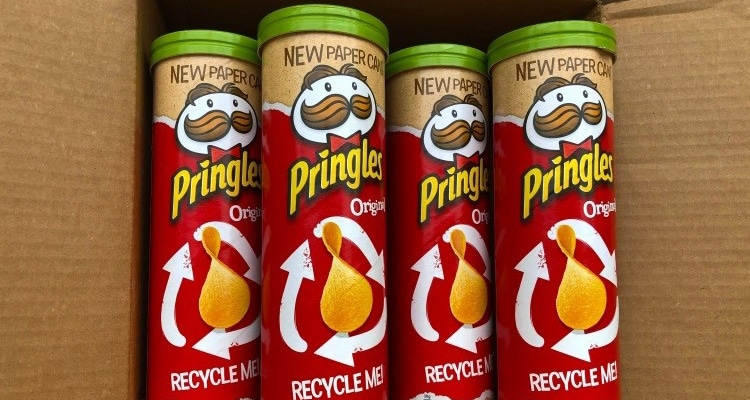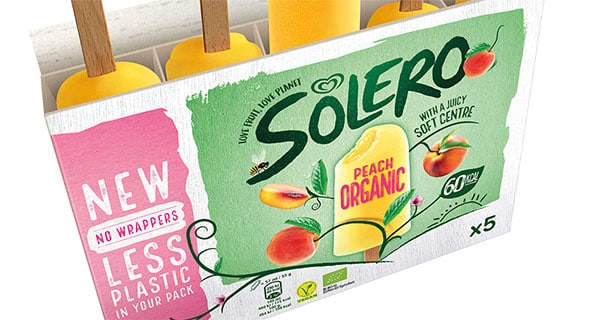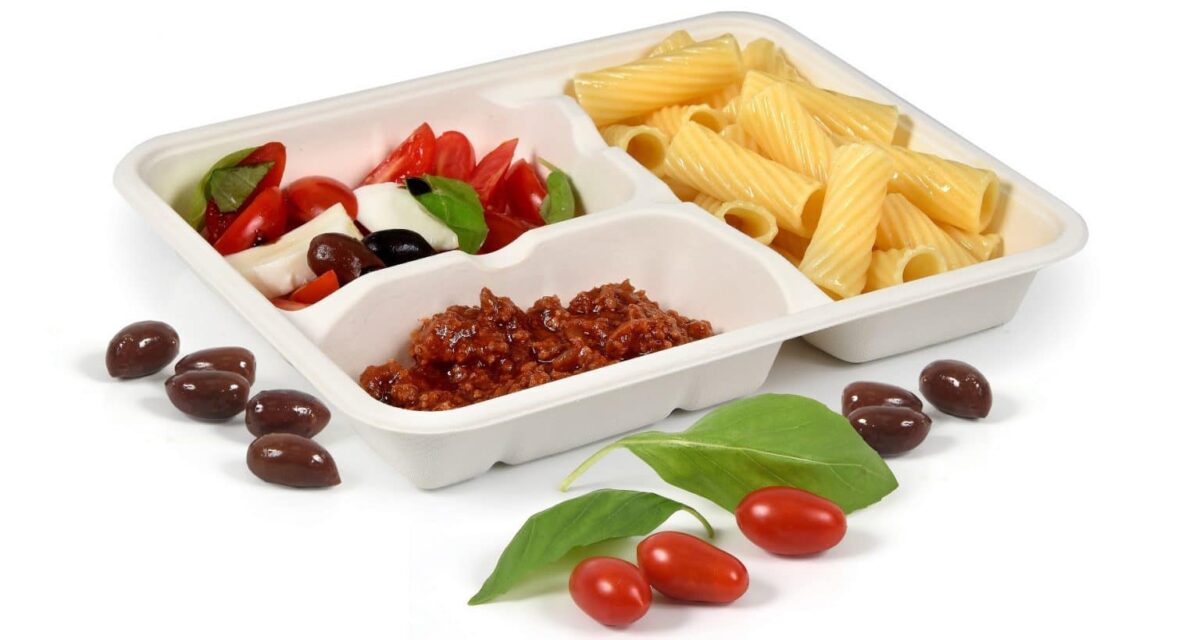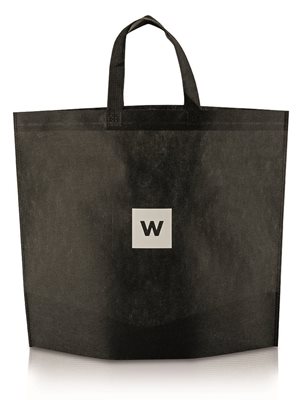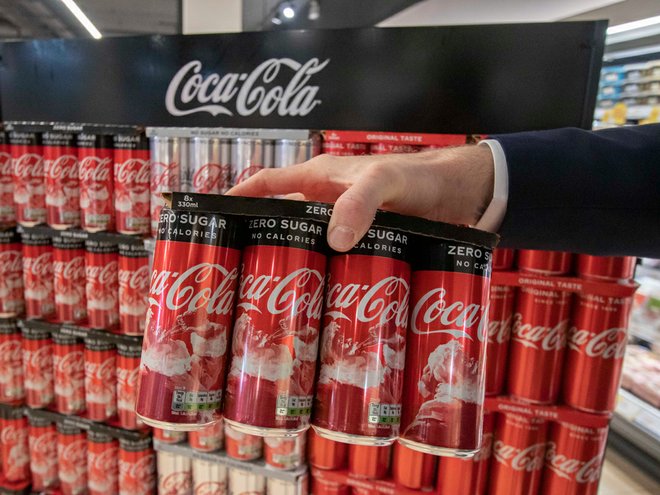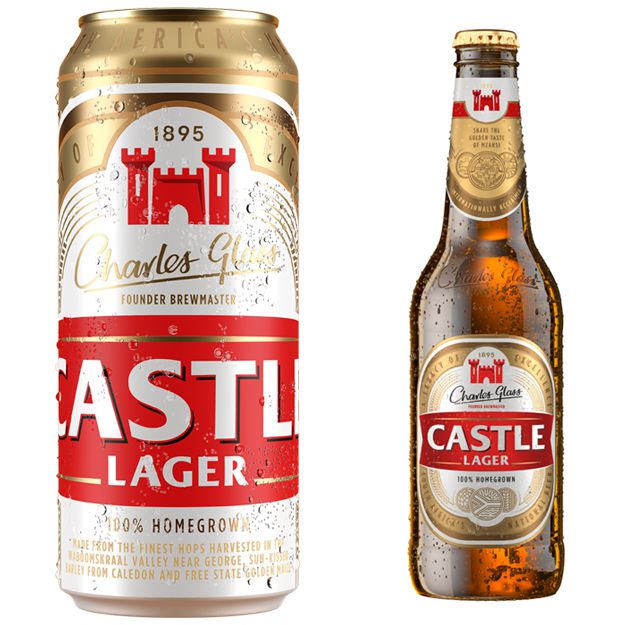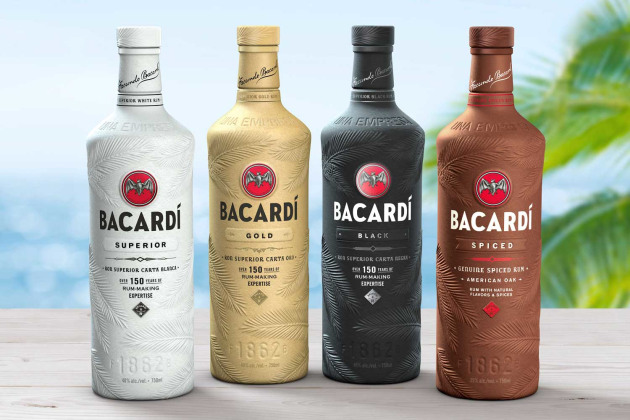Reacting to the growing demand for non-alcoholic beverages, Bavaria has expanded its range of 0.0% malt beverages to include a new affordable 500ml can.
Traders and spaza shops in Diepsloot, Soweto, Tembisa, Alexandra, Johannesburg CBD and Cosmo City are now stocking the 500ml can, which comes with an RSP of R13,00 per can.
Growth of alcohol-free beer segment
“We’re extremely proud to share the news that the distribution figures for Bavaria 0.0% are growing,” says Oliver Wills, marketing manager at Bavaria. “This latest move will help us reach new customers and better meet the growing market demand for non-alcoholic beers.”
By adding this new can size for its sellers, and offering an expansive selection of flavoured non-alcoholic drinks, Bavaria states that it aims to “cement its leading position in the non-alcoholic beer market” by meeting the rapidly growing demand of consumers who enjoy non-alcoholic beer.
“We’re finding that consumers are drinking alcohol more responsibly, which has led to an exponential growth of the alcohol-free beer segment,” continues Wills. “Because of this, there’s a real appetite for non-alcoholic beers with different flavour profiles, something Bavaria 0.0% can deliver on with its huge range of flavours and variants.”
Packaging relaunch
 |
Bavaria also recently unveiled a new design for its entire range of 0.0% malt beverages. Last year, the Bavaria brewery celebrated its 300th anniversary and decided to mark the milestone with an extensive brand and packaging relaunch.
According to the company, the signature Bavaria bottle’s revitalised design – with its smooth lines and modern, rounded neck – was created to mirror the company’s passion for innovation. A crisp, clean label reflects the brewery’s use of pure mineral water from its own natural spring, helping to clearly differentiate the many available fruit flavours.
The brand’s trademark compass has been made more prominent on the label, a reminder of where the company came from – growing from a small home brewery in the Netherlands into an internationally recognised brand.
“With over three centuries of experience, we’ve been taking beer brewing seriously for a long time,” says Wills. “The new design pays tribute to this rich history while, at the same time, fits in with today’s modern Bavaria. Innovation is a big part of what we do, and we feel this new design conveys this sentiment directly to our customers.”
The newly-designed and packaged Bavaria malt beverages are currently being phased in at Pick n Pay, Spar, Checkers, Makro and leading independent liquor traders throughout South Africa.
Source: https://www.bizcommunity.com/Article/196/162/211181.html

